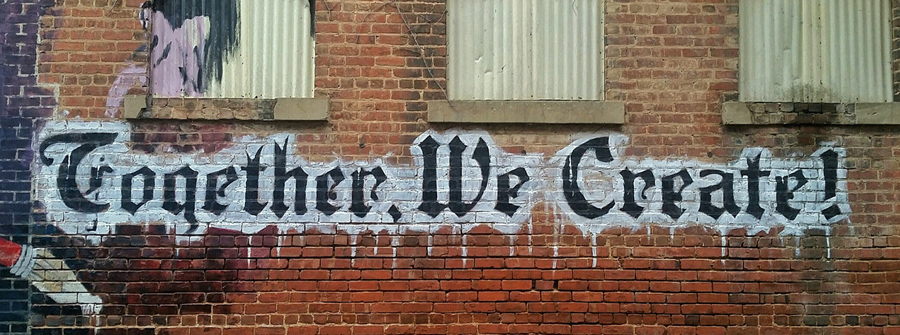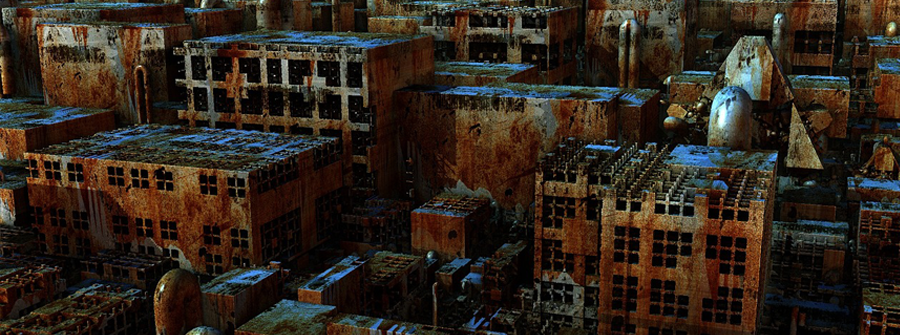We have been writing together for some time now but only recently started to figure out what that means to us. Here is a little Q&A about writing together.
1. Why do you write together?
Andy: For us, reading is a passion shared so to put our heads together and come up with ideas makes sense.
Frida: Stories are something that we both enjoy. We have a similar outlook on life and we like to build stories around us. It felt natural to also write together.
2. How did we start?
Andy: Soon after we met we started to write improvised text that became short stories. After that we decided to make something of it and hence the Burning Squid
Frida: We came up with a lot of elements for Adventures of Wilhelmina and one day I said we should write a children’s book around it.
3. Where did the name The Burning Squid come from?
Frida: Andy used to call me a hamster squid and his nickname is Burnsy. Combine two to The Burning Squid and you get a pretty rad name for a bar.
Andy: We started to build Cyd and Cordelia’s story around that bar and the name became part of us. So we didn’t have to think twice what we would call our project.
4. Pros and cons of writing together?
Andy: Pros are that we pool our thoughts and ideas together and come up with something we may not have thought about individually. Cons are that sometimes our opinions differ and we can not always agree to one certain point but we can find compromises.
Frida: Pros are definitely the two heads together. When you can mirror your ideas and talk about them from the very beginning. Cons are our different backgrounds in writing. I have been writing and studying creative writing for years and sometimes I tend to take more of a teacher role when we work together. Though sometimes that is a pro too because Andy is a diamond in the rough and helps me to be less critical in the process and have more fun with it.
5. How writing together works for us in practice?
Andy: We write our ideas on our own to begin with and share them to edit as we see fit. We also write together on a joint file so we can see the changes live as well. At times we video chat and share our ideas while writing.
Frida: We talk a lot. We come up with ideas and sometimes the ideas are very organic. We can start from a silly joke and end up with something we can use in one of our stories.
We write Chronicles of Salaboa in English but Adventures of Wilhelmina in Finnish. Andy doesn’t yet speak or write Finnish. So it means a lot of translating back and forth and trying to get everything right in the final version. First we designed the plot and characters. Then we framed the chapters and now both are writing our own parts. I translate my parts roughly to Andy so he can comment and we can talk about all the details and translate his texts to the final form in Finnish. It may seem a lot of work but actually writing like this has given us a chance to make polished finished text much faster during the process.
6. What does the other bring to the table?
Andy: Frida brings a lot of her experience as a published writer to help me with how stories are structured and how they are laid out to make my writing more crisp and focused. Her style of writing and the stories she writes are very close to the stories I enjoy.
Frida: Andy is a wizard of plotting. I tend to be way too analytical sometimes to actually see outside of the box. So Andy definitely helps me with that. Andy also has more knowledge of genres, I tend to be way more limited what comes to mixing and playing with the genres.
7. Do we have any difference in writing styles?
Andy: Personally I always write the story as if I lived in the present (even though it’s a pain for Frida). It may not be the way it is usually done but I like to think I am portraying the characters of the story, living through them and the actions they take to shape the tale.
Frida: Andy is definitely a present tense writer. Past tense feels more natural to me, especially for longer texts. Because we write with two languages but only have one language together for now, it is sometimes hard to explain something or translate something the way it should be. But we are both learning. Translating text back and forth between English and Finnish also helps to see what is not expressed strong enough or what seems loose in the context.
8. Do you have individual projects?
Andy: I don’t have any solid plans for an individual project, but I have dabbled in my spare time on some short stories or ideas I like to put across some time in the future.
Frida: I write a lot. Besides The Burning Squid projects I am officially writing one novel for adults. But to be honest I have three novels on the table, one play and some poems. I like to have more than one project going on at once to be able to switch between them when I get stuck or bored. More about my other project can be found on my blog perjantaipainos.com.
9. What are our plans for the future?
Andy: Well we have two projects now, ‘The Adventures of Wilhelmina’ and ‘The Chronicles of Salaboa’. Once we get these done and hopefully published we have talked about maybe doing gaming projects around our story worlds and of course we will come up with new ideas as well.
Frida: I hope The Burning Squid will find its form and become a publishing house and an interactive story platform. I hope someday this is what we will do for a living.



